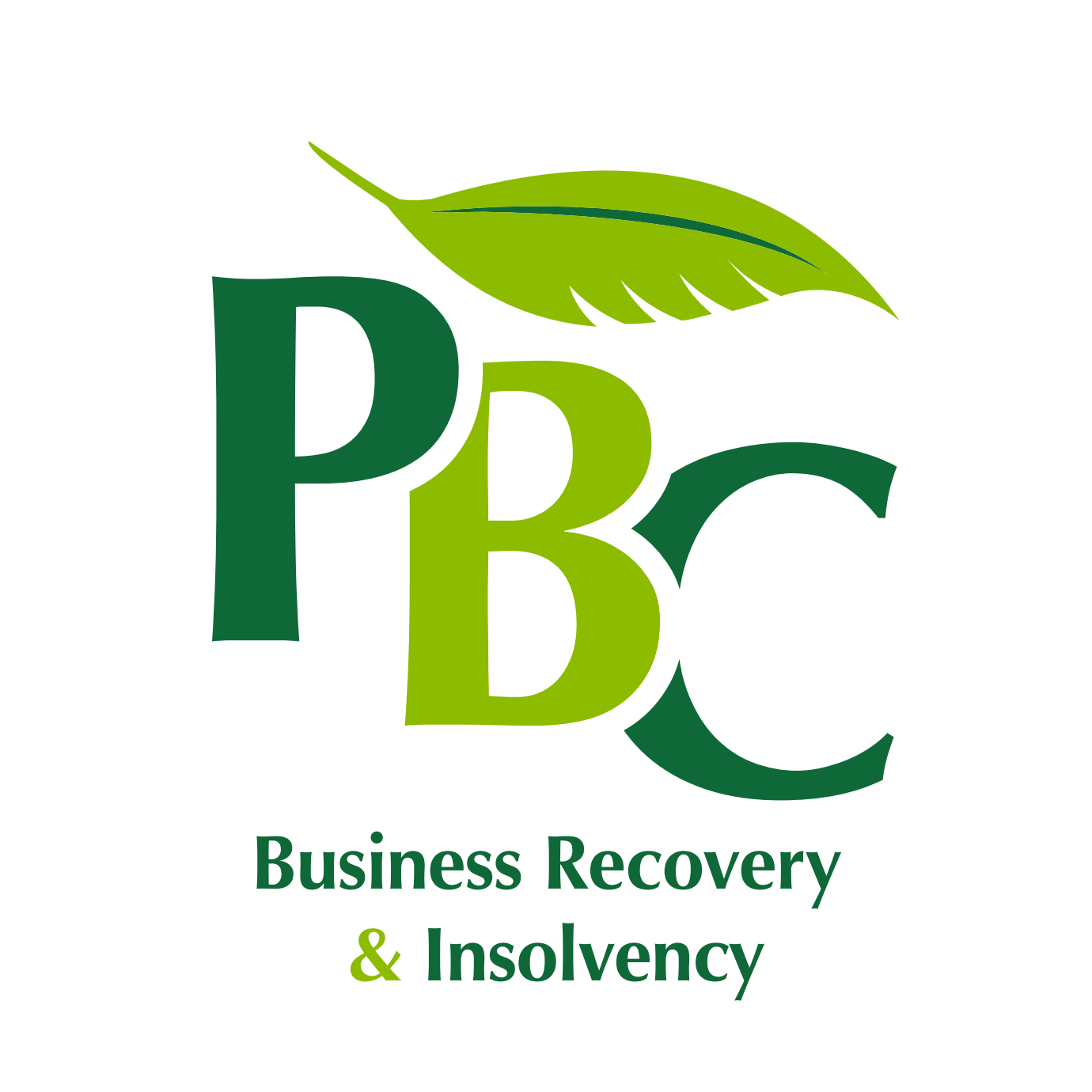Let us start with a question. If a stranger came up to you and asked to borrow your car for a couple of weeks would you simply hand over the keys, walk off and trust the car will be returned in good order? Hopefully, your answer will be along the lines of “Don’t be daft” or, quite simply, “No.”
So, why is it then, when confronted with an issue that could have serious financial implications, both on your business and you personally, many still refer to unlicensed or unregulated advisors?
Recently, I have had the misfortune of coming across two examples. The first was a director who was advised his company was insolvent and steps ought to be taken to place the company into liquidation. So far, so good. However, that advice included selling the principal business pre-liquidation where the sale included a tidy £80,000 windfall for the directors! A fee of over £16,000 was demanded and paid pre-liquidation. That director is about to be confronted with a number of claims where the liquidator can “Lift the corporate veil” and hold the director personally liable. The second is of a similar tone and with every day that passes the directors appear oblivious to the fact the advisor is steering them towards personal liability claims and, potentially disqualification from acting as a director.
To make matters worse, when using such advisors you have no guarantee of their knowledge or skill. Furthermore, there is likely to be little (if any) redress in the event of a complaint or challenge to their advice.
The Association of Business Recovery Professionals have been so concerned with this (growing) problem they have published two guides:
“Don’t be misled by advice from an unlicensed advisor”
“My business is in financial difficulty”
These can be found on the Association’s website (www.r3.org.uk) or on our website at www.pbcbusinessrecovery.co.uk/Links/.
Every insolvency practitioner (“IP) has to be licensed through a professional body and are regulated by statute, their professional body and the Government through the Insolvency Service. IPs also have professional guidelines to follow and are insured so there is recourse if things go wrong.
Perhaps the anomaly in the capacity of an IP to advise surrounds personal insolvency. If during a meeting with an individual the IP concludes that individual should go bankrupt and, as a result the IP will not be appointed to act the IP must cease the meeting forthwith because he is not permitted to provide bankruptcy advice! The exception is if the IP holds a licence issued by the Financial Conduct Authority, which I am happy to say PBC are licensed in that respect.
At PBC there are two IPs, regulated through the Institute of Chartered Accountants of England and Wales and the Association of Chartered Certified Accountants. The directors in both Northampton and Coventry have well in excess of 100 years’ experience between them and, as mentioned, licensed by the Financial Conduct Authority.
Personally, if it was my financial welfare on the line I could not comprehend seeking help and guidance from anyone who is not qualified. That is not me being a control freak; merely seeking the best and most appropriate steer. That is my view so why would you think differently?











